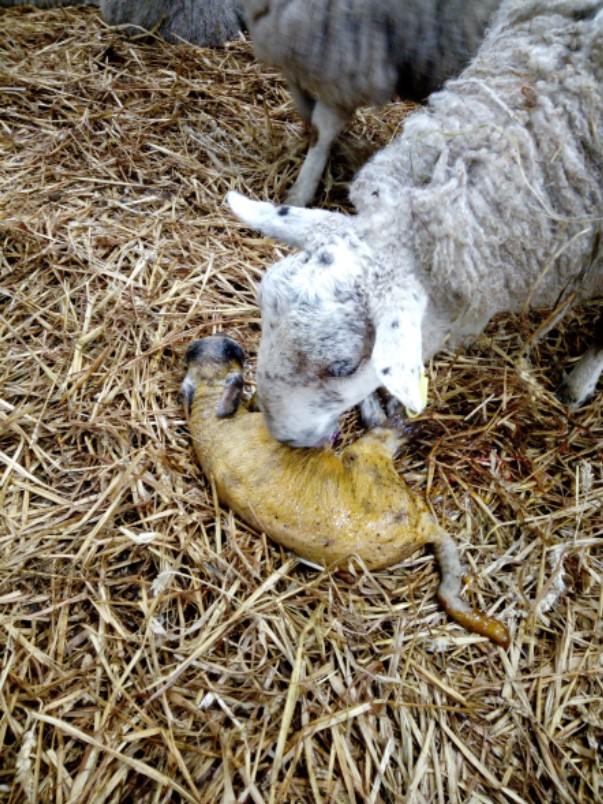Managing Difficult Births
26 March 2020A difficult birth will delay the onset of licking the lamb by the ewe, and can result in brain damage in the lamb which will make it slower to stand and suck. This risks a weaker ewe-lamb bond forming, and the lamb getting less colostrum.
Within breed, the offspring of some rams will need more birth assistance than others. One study recorded, over several pregnancies, most ewes either needed no assistance in any delivery (44%), or were assisted in only one pregnancy (31%). Of the rest about 10% of ewes needed assistance in all births. This indicates the importance of easy lambing genetics and culling to reduce invention at lambing time, but more so, the effect of management to avoid large lambs.
Optimal birthweight is between 4-7.5kg – although this range will be narrower in outdoor lambing flocks. Feeding management will influence birthweight. Recording or selecting sires for easy lambing traits will improve the ease of delivery of lambs, especially for inexperienced ewes.
Stress during lambing can interrupt contractions and prolong the birth process. After lambing, disturbances may cause the ewe to leave the birth site early before she has properly bonded to the lamb. Stress during lactation reduces sucking interactions between the ewe and lambs and can make lambs grow more slowly. Ewes like a quiet, calm and familiar environment, especially when they are lambing. To reduce the impact of stress and disturbance on lambing ewes avoid excessive noise and intervention, keep dogs and other animals out of the lambing environment and avoid mixing groups of unfamiliar sheep. Do not over stock pens (> 1 m2 per ewe) and ensure that there is adequate feeder space to prevent fighting around feeding time.
See here for more information on this topic with thanks to Professor Cathy Dwyer for technical content delivered under the Knowledge Transfer and Innovation Project – Live Lambs – funded by Scottish Government and delivered by SAC Consulting.
Poppy Frater, poppy.frater@sac.co.uk
Sign up to the FAS newsletter
Receive updates on news, events and publications from Scotland’s Farm Advisory Service

